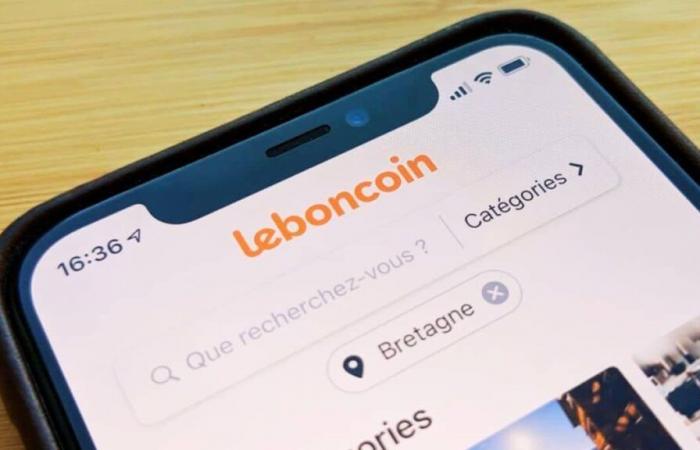Many scams can rob you of all your money on Le Bon Coin. These tips to put in place to avoid them!
Le Bon Coin is a platform that is used by many people. And the least we can say is that it also attracts many scammers. There are also scams that can strip you of all your money.
Frequent scams on Le Bon Coin
On Le Bon Coin, pishing scams are widespread. The method is simple. A scammer claims to have purchased an item and informs the seller that they have made payment. Shortly after, the latter receives an email imitating that of the platform.
This fraudulent message contains all the necessary information. Namely: title of the ad, price, contact details of the recipient. On the other hand, it redirects the seller to an automatic relay which prompts them to enter their banking details.
To avoid this trap, you should always check the sender's email address and never follow a questionable link. Some scammers also ask users to pay via a fake PayPal link on Le Bon Coin.
Scammers claim that Le Bon Coin's system is not secure and send a fraudulent link to steal your credentials. Do not hesitate to only use the service of platform payment to guarantee your security.
Also be aware that prices that are too low often hide pitfalls. Counterfeits, non-existent products or theft of personal data… pay attention to these famous details. You must then request supporting documents such as an invoice or a serial number to authenticate the object.
Well-crafted scams
On Le Bon Coin, overpayment scams are also widespread. In this scam, the buyer sends a check for more than the agreed price and requests reimbursement of the difference. The seller then discovers that the check is fraudulent.
He loses his item and money. You must refuse any payment by check and opt for secure solutions. You should also be very careful with payments via Western Union. It is quite a risky practice.
An insistent seller can request payment by cash order via Western Union. He then claims it is an emergency or a trip. This system does not protect either the buyer or the seller. You must always go to the platform for your transactions.
Le Bon Coin users should also be careful when making a purchase. Items claiming to be “new in packaging” can hide unpleasant surprises, such as counterfeit goods or false content.
Be careful not to fall for it
Some scammers also collect your documents to open bank accounts or take out loans in your name. Never share your sensitive identification documents or contact details without rigorous verification.
Also be aware that ads with spelling mistakes or strange syntax may indicate a scam. Be vigilant and avoid those that look suspicious. A buyer or seller who insists on exchanging by email or SMS outside of Le Bon Coin messaging could also seek to circumvent platform protections.
Always prefer communication integrated into the site. But that's not all. A seller who cancels a personal delivery several times may try to push you to pay remotely. If the postponements become frequent, abandon the transaction.
Additionally, buyers sometimes ask to advance shipping costs, often via a fake payment link. Be wary of urgent or unusual requests. Finally, be careful of fraudulent real estate advertisements which offer to pay a fee to view non-existent accommodation.
You should always be wary of any request for payment before a physical meeting.
Graduated from a major journalism school and I also have a diploma in aperitif preparation. I love writing and especially for Tuxboard, the team is really great and the subjects are very varied even if I prefer to write about the media and also fashion trends!







